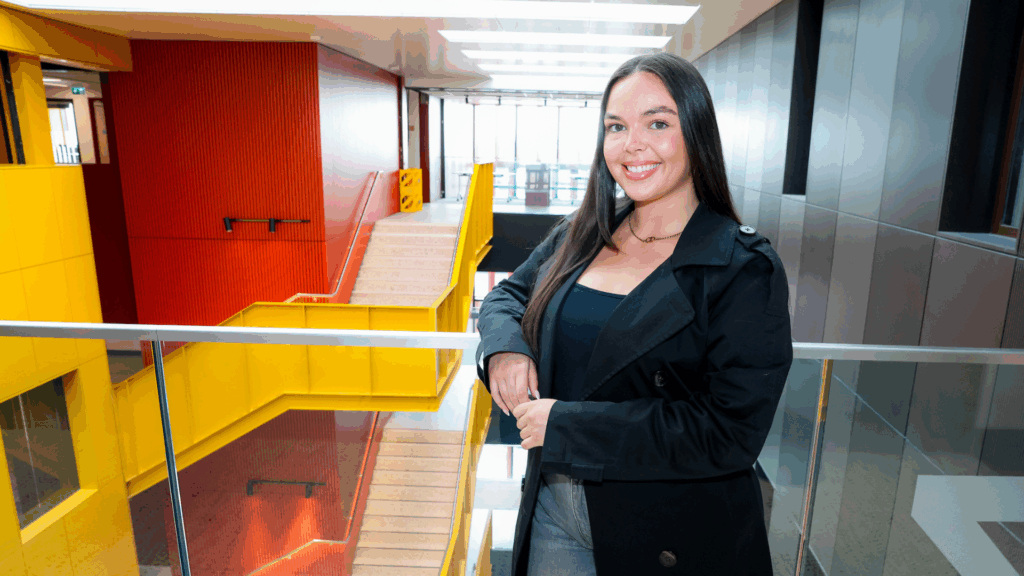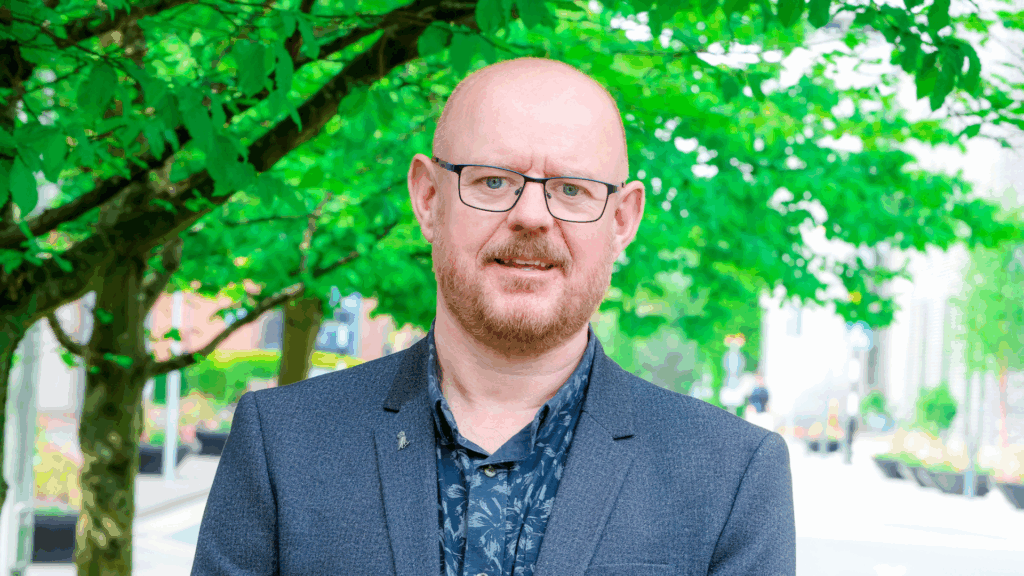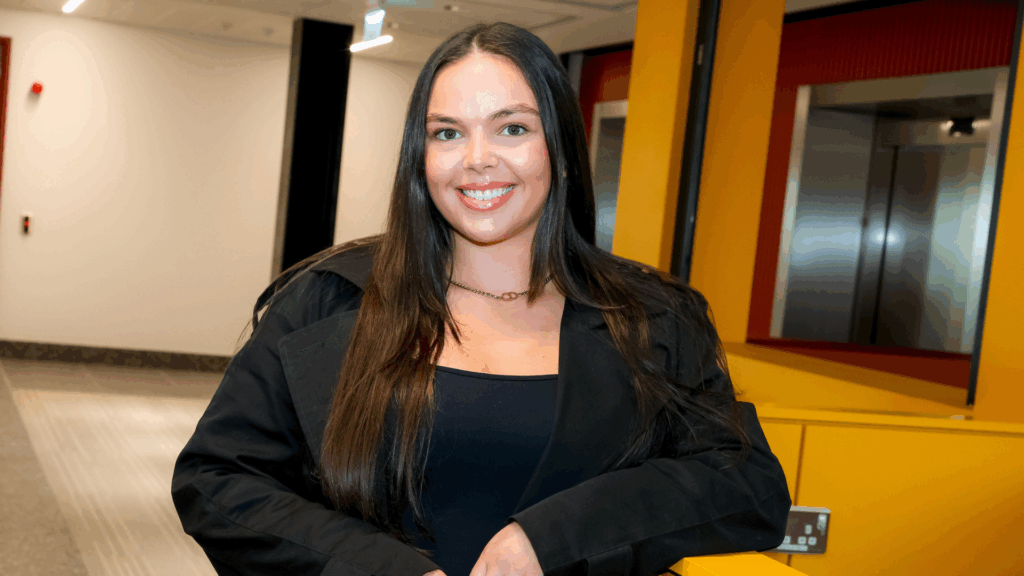Generation Access - DCU
Eve Meehan, studying Law and Media at DCU
Eve accessed college through the HEAR scheme
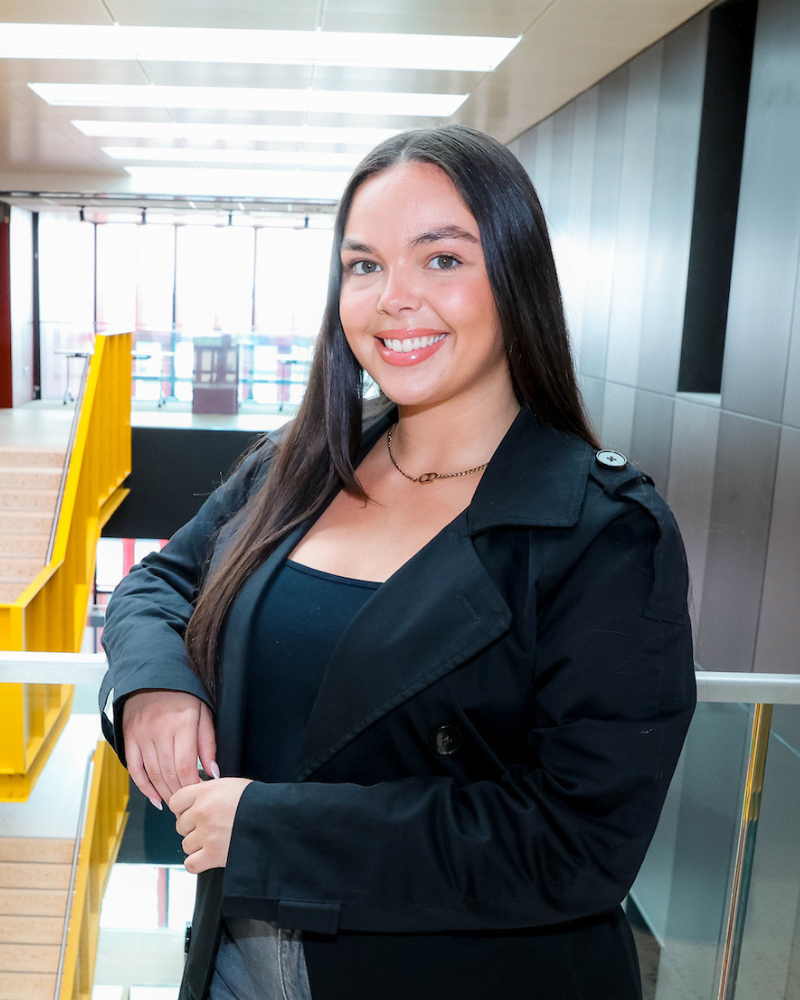
Coming from a single-parent, low-income family, I always assumed college just wouldn’t be an option for me financially. In sixth year, I was constantly anxious. Even if I got accepted, how would I afford it? It was actually my career guidance teacher who told me to apply for HEAR when I was filling out my CAO. I didn’t even really understand what it was at the time. Looking back, I’m so grateful I listened as it has opened doors I never thought would be accessible.
What has university life been like for you so far?
University has been an amazing journey for me so far. For a place that I once thought was so out of reach, I am now thriving! Academically, I’m finally studying something I’ve always dreamed about, and it feels so rewarding to be working towards a future I’m passionate about. I’ve had some brilliant opportunities, like internships. Socially, it’s been just as special. I’ve made some incredible friends, people I would never have met if it wasn’t for college.
Have you faced any specific challenges as an access student during your time in college?
I have faced some really hard challenges during my time in college, especially as an access student. A lot of the difficulties have been outside of university, and they’ve taken a serious toll on me emotionally and academically. There were times when my wellbeing was so affected that I ended up failing exams and even had to defer some. It was incredibly disheartening. However, my career mentor once told me, “smooth seas do not make skilful sailors” and that has stuck with me.
Where do you see yourself after completing your degree?
After completing my degree, I plan on taking my FE-1 exams and hopefully securing a trainee solicitor contract. This will be a significant milestone in my journey – not only as the next step in building a career in law, but also a deeply personal achievement.
Trevor Boland, Assistive Technology Officer in DCU
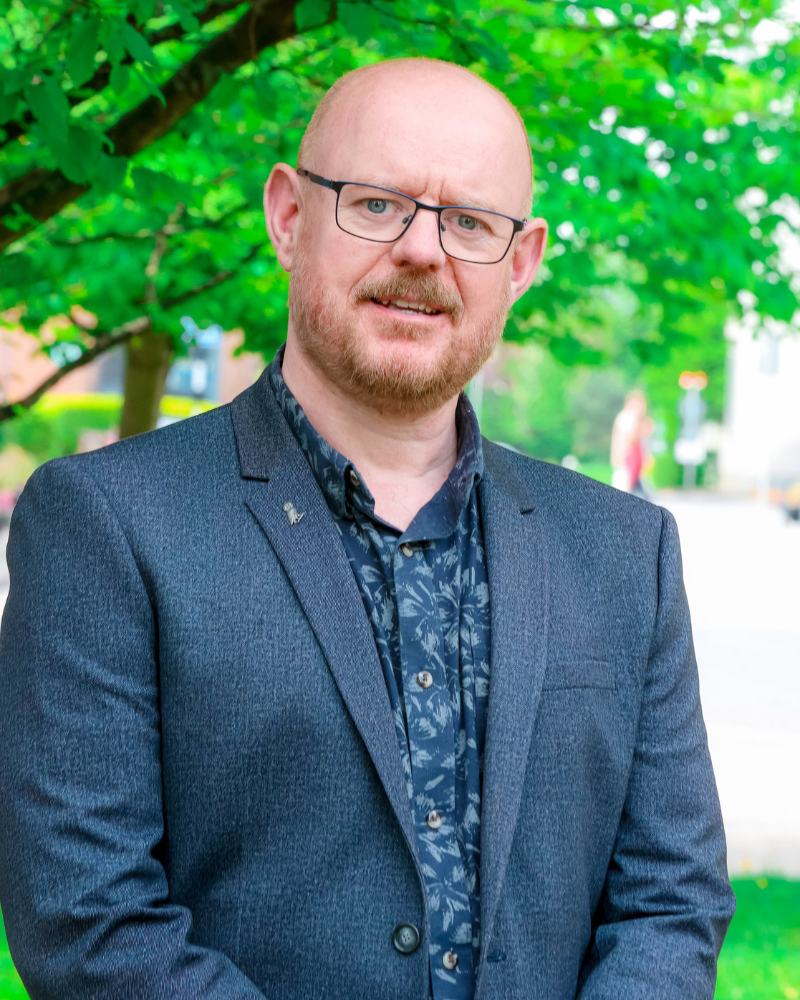
As an Assistive Technology Officer (ATO) I support our growing cohort of students with disabilities. Within my role, I have the privilege of meeting these students who register with our disability service, and in our sessions, students collaborate with me to explore, match and master technologies that create an even playing field with their peers.
These assistive technologies give our students choice about how they can access information, convert information into their learning preferences and express their knowledge in multiple ways.
The power of technology to place our students with disabilities in the center of their learning is one of the ways that inclusion is realised.
What impact have you seen access schemes have on students’ experiences and success in university?
The DARE route is a tremendous success for our students with disabilities. Technology supports their academic expectations that include reading, writing, organisation and more. With interactive sessions with these students we can explore their concerns, it’s a fantastic way to alleviate any concerns and give the students strategies to be independent and resourceful as well as getting them to reflect on their learning strengths.
The student voice has informed the choice of technology tools – our DARE students have found their assistive technology resource invaluable.

